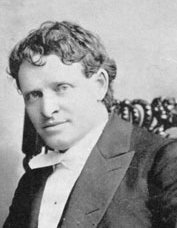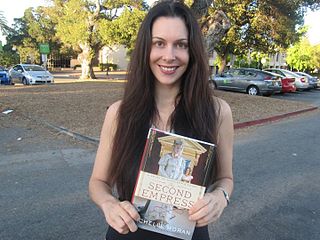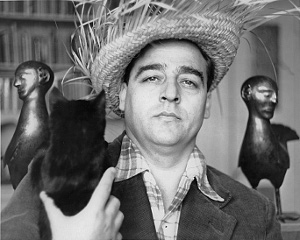A Quote by Ralph Waldo Emerson
What has been done in the world - the works of genius - cost nothing. There is no painful effort, but it is the spontaneous flowing of the thought. Shakespeare made his Hamlet as a bird weaves its nest.
Related Quotes
But Shakespeare knows what the sphinx thinks, if anybody does. His genius is penetrative as cold midwinter entering every room, and making warmth shiver in ague fits. I think Shakespeare never errs in his logical sequence in character. He surprises us, seems unnatural to us, but because we have been superficial observers; while genius will disclose those truths to which we are blind.
She had taken him for granted, she thought with surprise and shame, watching the flickering candlelight. She had assumed his kindness was so natural and so innate, she had never asked herself whether it cost him any effort. Any effort to stand between Will and the world, protecting each of them from the other. Any effort to accept the loss of his family with equanimity. Any effort to remain cheerful and calm in the face of his own dying.
Men give me credit for some genius. All the genius I have lies in this; when I have a subject in hand, I study it profoundly. Day and night it is before me. My mind becomes pervaded with it. Then the effort that I have made is what people are pleased to call the fruit of genius. It is the fruit of labor and thought.
The phoebe-bird is a wise architect and perhaps enjoys as great an immunity from danger, both in its person and its nest, as any other bird. Its modest ashen-gray suit is the color of the rocks where it builds, and the moss of which it makes such free use gives to its nest the look of a natural growth or accretion.
Among the English authors, Shakespeare has incomparably excelled all others. That noble extravagance of fancy, which he had in so great perfection, thoroughly qualified him to touch the weak, superstitious part of his readers' imagination, and made him capable of succeeding where he had nothing to support him besides the strength of his own genius.










































